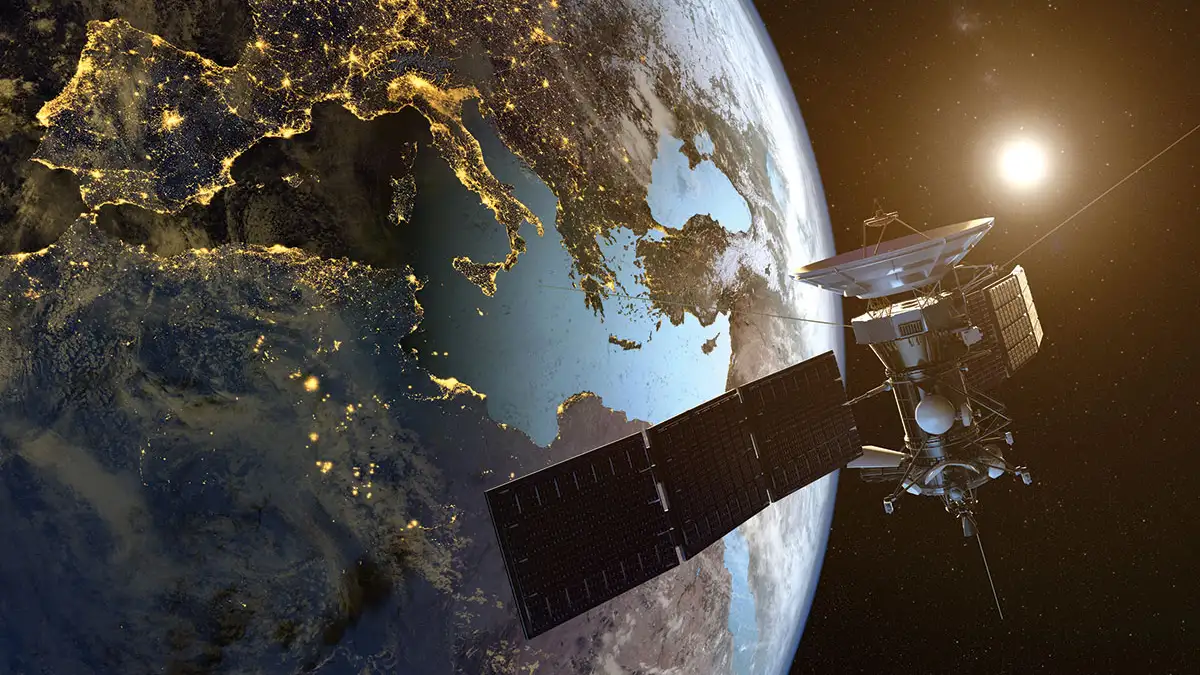This Growing Problem of Interference with Starlink
Starlink which is a project by Elon Musk is fast looking to become the next big thing in the delivery of internet services. However, a growing concern is emerging: Starlink satellite constellation that the company Space X is orbiting in space hampers the view of astronomers into space.
The effects of this phenomena on Radio Astronomy
Scientists in the Netherlands have established that radio waves from these satellites are causing interference to signals collected by the radio telescopes thus limiting discoveries made by astronomers. Some of these telescopes work by picking up very weak radio emissions from far-away astronomical objects and in this regard, the disturbances caused by Starlink are inevitable.
The Problem with Starlink’s New Generation
To be more precise, it is the second generation of Starlink satellites that is expected to offer faster internet connection that is causing most of the issues. These satellites broadcast higher power messages which increases the chances of interupting radio telescop />\[ The tens of thousands of satellites currently orbiting are basically “obscuring” these telescopes, and thus hampering their observations of the heavens.
This is the threat to astronomical research.
The Netherlands Institute for Radio Astronomy (ASTRON) has said that the interference from the starlink will be disastrous to research work. Astronomers believe radio telescopes to be helpful in exploring a diverse range of objects in the universe including galaxies and black holes. The self-said disruptive nature of Starlink may tamper with the cosmos and therefore inhibit efforts of unraveling the formation and existence of the universe.
SpaceX’s Response
SpaceX which is the organization behind Starlink has had no way to address issues raised concerning its impacts on radio astronomy. Nonetheless, it can be assumed that the company is likely to require strategies that would enable it to manage its satellites’ interference with scientific discovery.
Potential Solutions
As it will be seen, there are several solutions to the Starlink interference problem. It is possible to change the frequency bands which are utilized by the satellites in the aim to decrease their interference with the radio telescopes. There is another option to create different technologies to further ignore the interference coming from Starlink.
One of the important lessons that we learn from the various case studies explored in this text relates to the need for managing the tension between the desire to invent and create new products and the need to prevent the overexploitation of resources from the environment that supports the creation of these inventions.
Starlink criticism by radio astronomy is a true example of how innovation hinders conservation. It then comes as no surprise that Starlink has the capability of offering much-needed internet to people in the world, but this should not be done at the expense of research.
FAQs
- What is Starlink? Starlink is a group of satellites in orbit to offer internet services to the citizens of the world by the company SpaceX.
- In what way do Starlink satellites constitute a problem for radio astronomy? contradiction – with information ‘Radio waves emitted by Starlink satellites can interfere with the signals that radio telescopes pickp, scientists struggle to study the universe’.
- What can happen if Starlink interfere? Interference with Starlink may slow down discovery in astronomy, which otherwise would be a method to gain knowledge about the universe and its creation.
- What measures has SpaceX taken in order to solve it? SpaceX has not yet reacted to the points made regarding the impact that Starlink’s constellation poses to radio astronomy.
- Are there any approaches which can be taken in order to overcome the problem? The solutions under consideration involve changing the frequency bands inhabited with the assistance of the satellites of Starlink and creating new gadgets to filter anomalies.
Conclusion
Investors have developed the Starlink system for space communication and everyone preparing for this new invention but currently, the increasing incidents of Interference with radio astronomy are some of the issues that depict on how conservationist try to balance between invention and conservation. It is crucial to make sure that Starlink will not bring negative effects on scientific research even as it has positive impacts in the connectivity of the world. Solving this problem will means cooperating with SpaceX, astronomers, and policymakers.
























+ There are no comments
Add yours